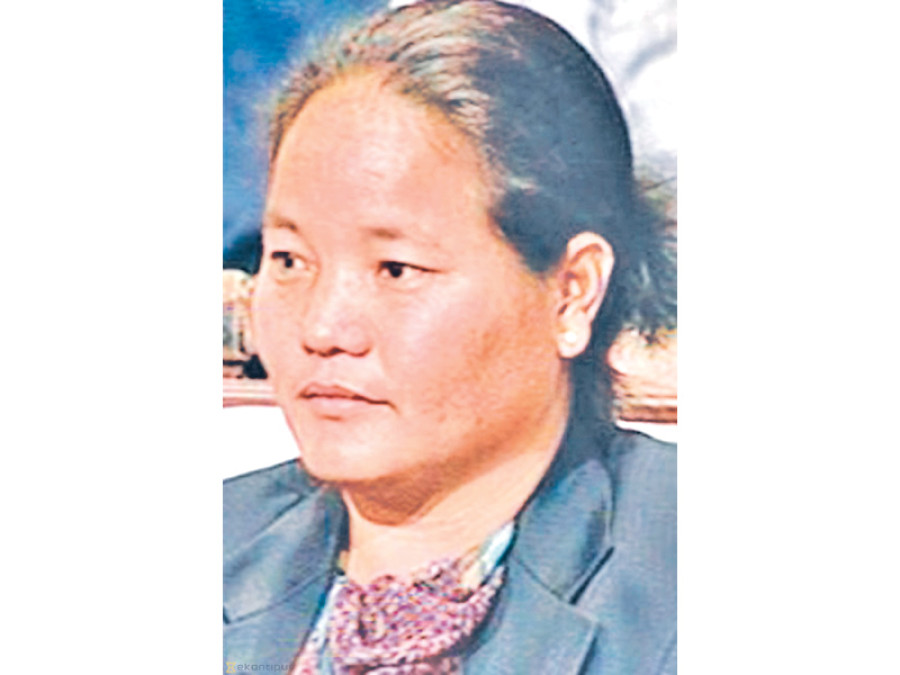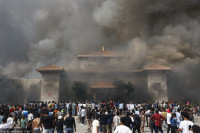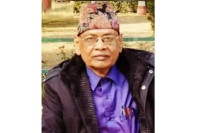Valley
Onsari wary of citizenship concerns
Speaker Onsari Gharti Magar has said she is watchful to ensure that a child of a Nepali mother does not remain stateless.
Speaker Onsari Gharti Magar has said she is watchful to ensure that a child of a Nepali mother does not remain stateless.
The Speaker made such a remark at a programme on discriminatory citizenship provision between a child born to a Nepali father and a child born to a Nepali mother.
“We fought to ensure equal right for Nepali father and mother to pass on citizenship to their children in the constitution, which clearly states that there shall be no gender discrimination on the basis of descent,” said Gharti Magar.
She said that the citizenship law, which is being formulated in line with the constitution, could address the issue, while keeping the option for amendment open.
Any law inconsistent with the constitution becomes null and void to the extent it contradicts with country’s main law.
However, Nepali mothers who have not been able to hand down citizenship to their children even eight months after the promulgation of the new constitution have scoffed at her comment.
“After the promulgation of the new constitution, I knocked on the door of the government to make citizenship of my daughter, but to no avail. The constitution clearly bars a Nepali mother to pass on citizenship to her children,” said Dipti Gurung, a holder of citizenship by descent, who has been battling the legal system to obtain citizenship for her two daughters.
Article 11.2 of the new constitution states that a person whose father ‘or’ mother is a Nepali at the time of his or her birth can become Nepali by descent. However, subsequent clauses 3 and 4 override the previous statement, stating that both the parents have to be Nepali for their children to acquire citizenship by descent.
“This provision has been added to create a problem for a Nepali woman married to a foreigner. But a Nepali father as has been the practice will have no such problem,” warned advocate Mira Dhungana.
Contrary to the constitutional provision that “there shall be no discrimination among citizens on the basis of marital status”, gender disparity prevails on naturalised citizenship as well.
A foreign spouse of a Nepali man can get Nepali citizenship soon after the marriage. There is no such provision for foreign spouses of Nepali women.
The existing laws allow non-Nepali women married to Nepali men to become citizens soon after they start the process of renouncing their original nationalities. But the constitution does not specify how long a non-Nepali man married to a Nepali woman has to wait before he can apply for a Nepali citizenship.
Article 11.7 says that children of Nepali women married to non-Nepali men will not receive naturalised citizenship unless the husband becomes a Nepali citizen. No such provision exists for children of Nepali men married to non-Nepalis.




 18.12°C Kathmandu
18.12°C Kathmandu








%20(1).jpg&w=300&height=200)

